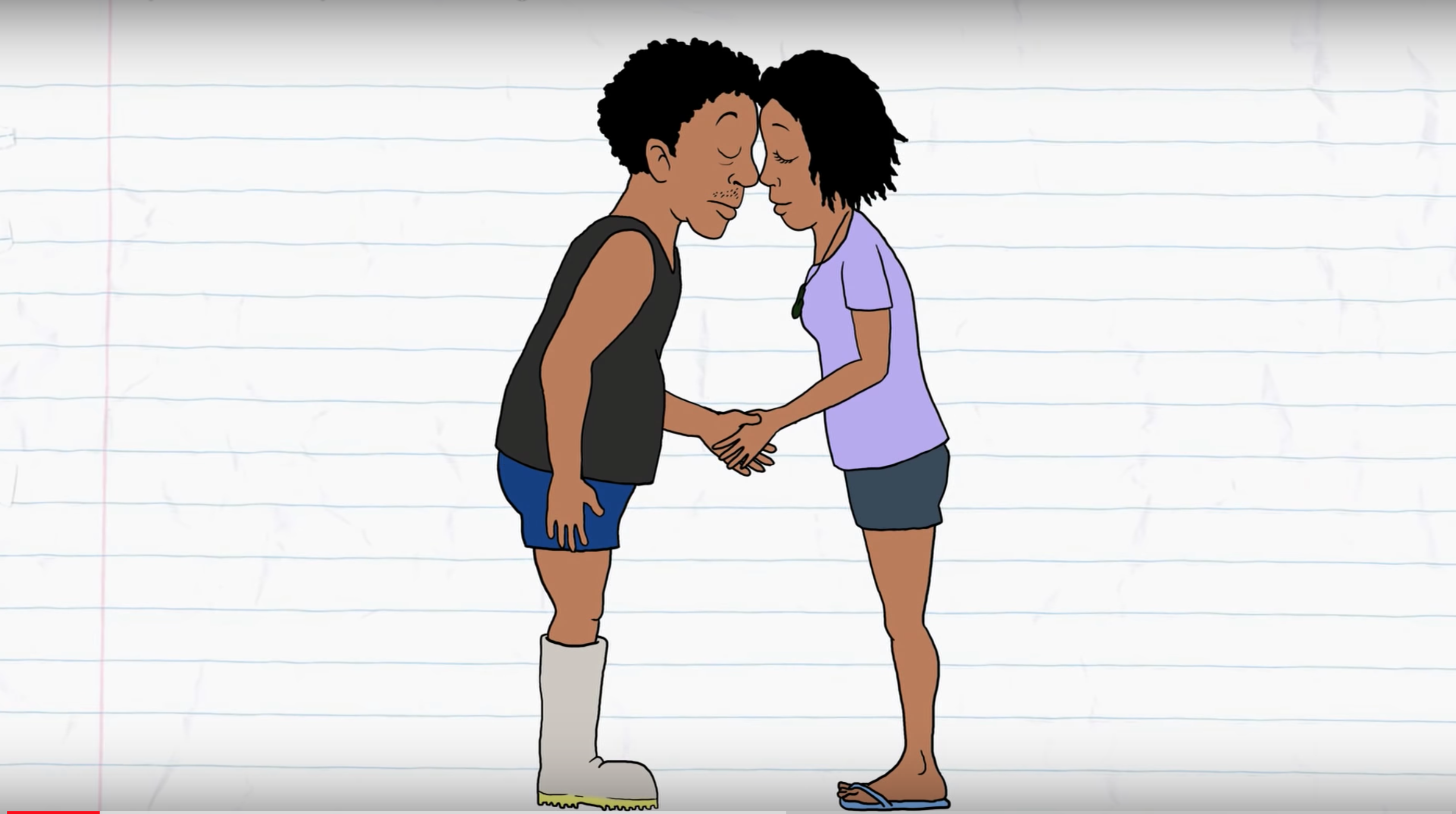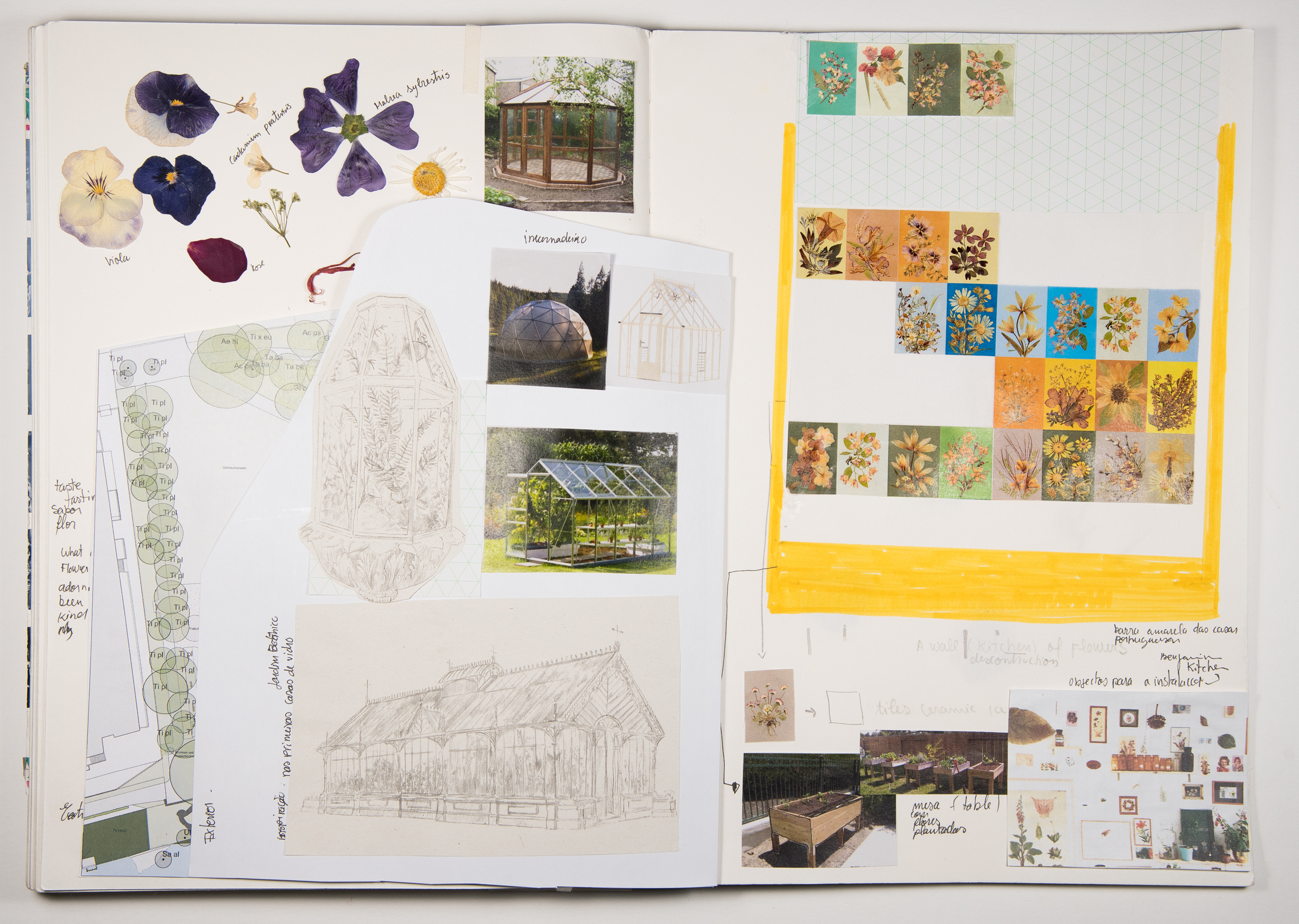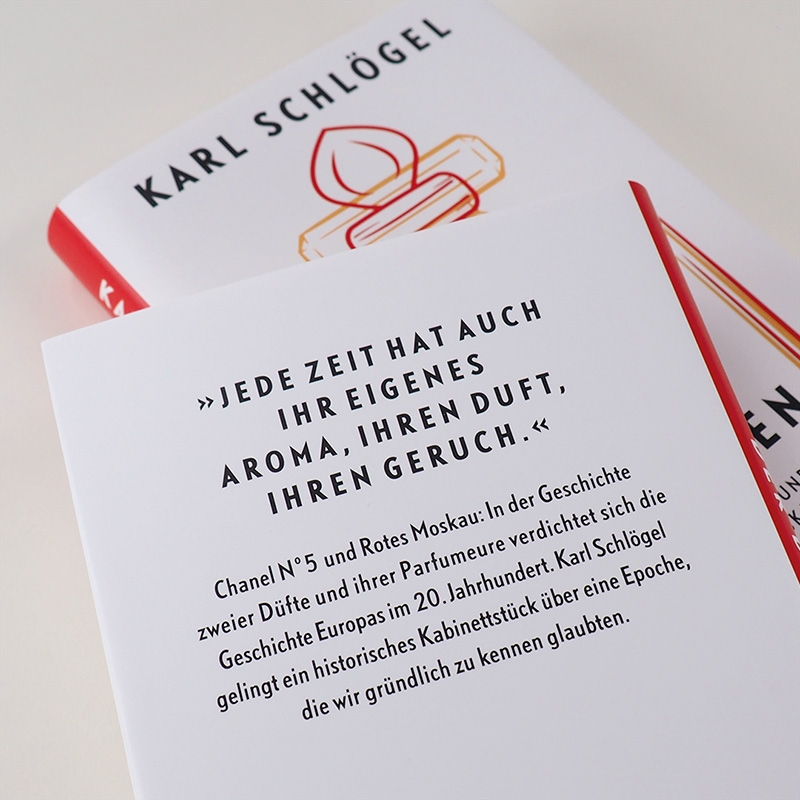“Sometimes at parties I slip away to the bathroom just to see what colognes they’ve got. I never look at anything else— I don’t snoop—but I’m compulsive about seeing if there’s some obscure perfume I haven’t tried yet, or a good old favorite I haven’t smelled in a long time. If I see something interesting, I can’t stop myself from pouring it on. But then for the rest of the evening, I’m paranoid that the host or hostess will get a whiff of me and notice that I smell like somebody-they-know.” – ANDY WARHOL
Warhol, A. (1975). The philosophy of Andy Warhol: from A to B and back again. New York: Harcourt Brace Jovanovich, p. 150.
[blog_subscription_form title=”” title_following=”You are already subscribed” subscribe_text=”” subscribe_logged_in=”Click to subscribe to this site” subscribe_button=”Click me!” show_subscribers_total=true]



